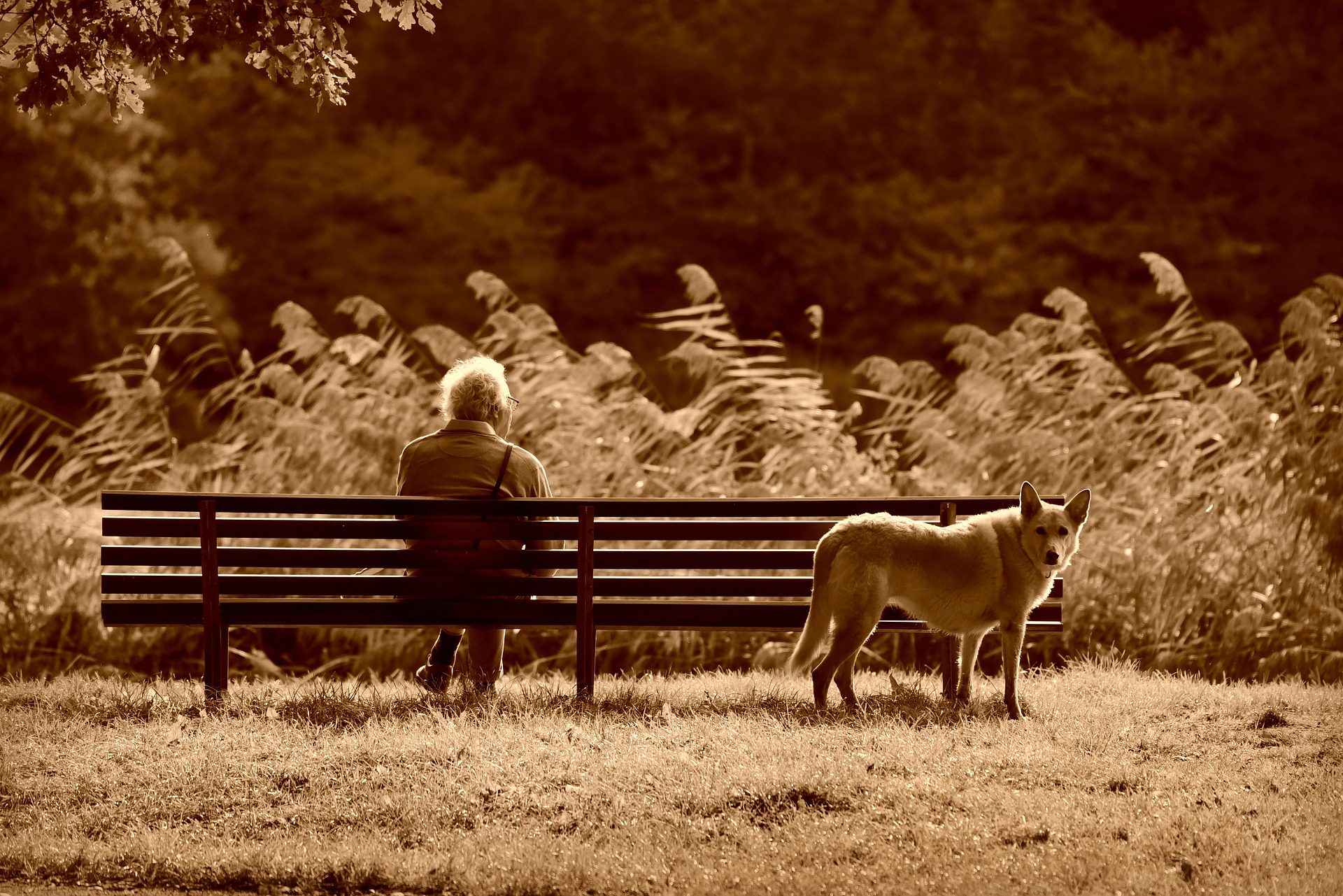

Ernest Becker, in his Pulitzer Prize-winning book, The Denial of Death, says, “The idea of death, the fear of it haunts the human animal like nothing else in all of life.”
At the time that he wrote this book, Becker was a religious skeptic (apparently he changed his mind before he died.)
It has caused me to wonder why the religious skeptic, if he is so certain that his worldview is true, would have any fear at all. He will just die and go into an everlasting sleep. Yet atheists seem to fear death more than anyone else.
For instance, you would expect Sigmund Freud, the father of psychoanalysis, to have had a good grip on the nature and causes of human psychological weakness in the face of death. In fact Freud himself lived with a dreadful fear of death throughout his life. In one of his letters he complained, “As for me, I note migraine, nasal secretion, and attacks of fear of dying.”
Ernest Jones has written a comprehensive biography of Freud’s life, and he points out, “Freud seems to have been prepossessed with thoughts about death, more so than any other great man I can think of. He hated growing old, even as early as in his forties, and as he did so, the thoughts of death became increasingly clamorous. He once said he thought of it every day of his life.”
Woody Allen, a contemporary movie maker of urbane comedies, shared his view of life and death as offering no more than “alienation, loneliness, and emptiness verging on madness. The fundamental things behind all motivation and all activity is the constant struggle against annihilation and death. It’s absolutely stupefying in its terror, and it renders anyone’s accomplishments meaningless.”
Dr. David Nelson, a 19th century physician, sat at the bedside of many of his patients as they lay dying. He wrote about those experiences.
He looked into the faces of the terminally ill patients and watched many of them die with no religious faith, and they would try and keep a brave face on their terror. Nelson said, “I could see the fear in their countenance, and it was quite chilling.” He saw many people, “die cowardly deaths.”
Nelson, who for many years did not believe in God, witnessed the death of many Christians as well. As he looked into their faces, he noted a sense of tranquility. He wrote, “I beheld more celestial triumph than I had ever witnessed anywhere else. In their voice there was a sweetness, and in their eye was a glory that I never would have believed if I had not been there to see it.”
David Nelson eventually came to a strong faith in Christ, in part because he saw the reality of Jesus in the lives of those dying Christians.
For the Christian, death is not an end but a transition. Our earthly journey ends at the celestial city, which is vastly more wonderful than this life full of fear, pain and sorrow.
The Christian believes with great confidence that heaven is nothing more than going home to be with our heavenly father.
Add grace and understanding to your day with words from Richard E. Simmons III in your inbox. Sign-up for weekly email with the latest blog post, podcast, and quote.

For local orders in the Birmingham, AL area, enter Promo Code LOCAL at checkout to save shipping. We will email you when your order is ready for pickup.
Bulk discounts for 25 or more books! Call 205-789-3471 for prices.